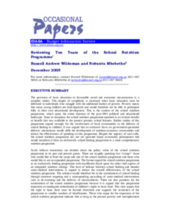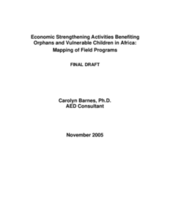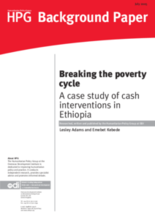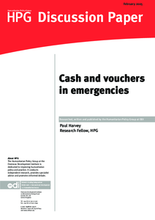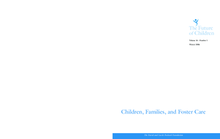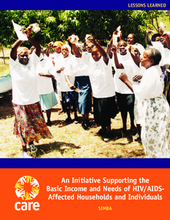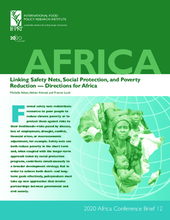Displaying 421 - 430 of 455
Reviews the history, effectiveness, and efficacy of the School Nutrition Programme in South Africa. Conclusions strengthen arguments for programme expansion.
This paper identifies programs in sub-Saharan Africa focused on economic strengthening interventions, and analyzes their approaches and impact on orphans and vulnerable children. Interventions focused on savings and lending groups, micro-leasing, market linkages and household gardening appear to be particularly effective.
Summary and analysis of the status of the literature and reviews on economic strengthening and livelihood tools. Contains recommendations of best practices and guidelines on which tools work.
This paper examines the role, process and impact of cash transfer interventions in Ethiopia using several case studies. Challenges and recommendations for future cash interventions are discussed in-depth.
Examines the use of cash and vouchers to provide people with assistance in emergency situations
Evaluation of the Bolsa Escola Program, which was a Brazilian social services program that provided cash transfers to families provided that their school-aged children would be enrolled in and attending school. Examines how beneficiaries were selected, registered, and monitored. Cites inconsistencies in implementation and roles of municipal governments as significant finding.
In assessing the practice of foster care in the US and its current limitations, this series of articles advocates for the implementation of health assessments for all children in care, support to preserve permanency and assist birth families, comprehensive supports for foster families, specialized services for children in need, increased cultural competency in social work practice, coordinated services across sectors for families in need and comprehensive well being assessments for children in care.
This paper outlines a program (SIMBA) established to work with local AIDS Service Organizations (ASOs) in Zimbabwe to promote economic development in HIV/AIDS affected communities. Efforts to promote capacitiy building of organizations, self-managed and savings-based microfinance services, and basic business management training are described.
A short discussion of various safety net program options and considerations for effective program design. Focus on reducing poverty in sub-Saharan Africa
Outlines key findings of survey conducted to investigate the challenges faced by households caring for OVC in South Africa. Conclusion delineates six potential responses to community needs.

